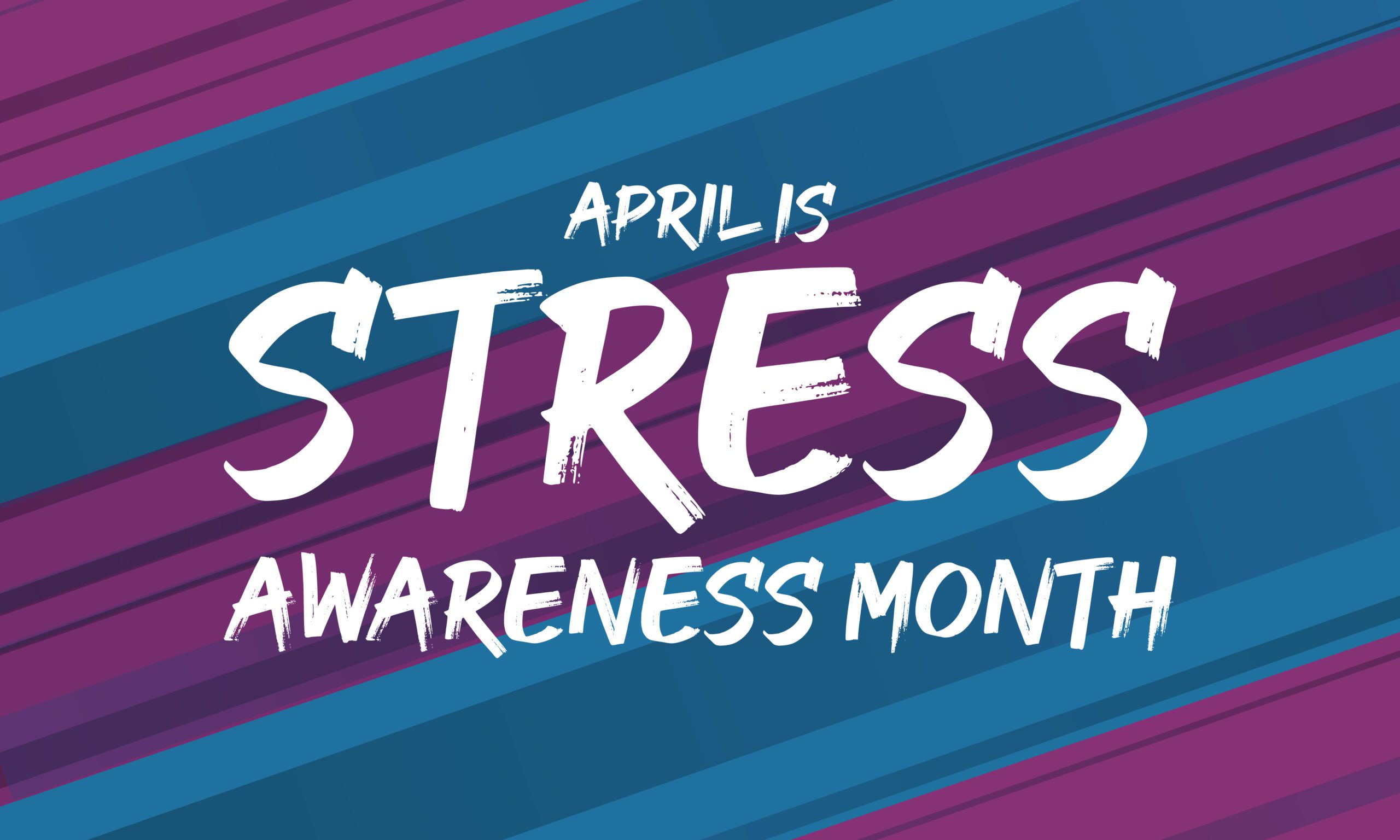We don’t know about you but we’re feeling overstressed these days. Thinking about the conflicts overseas and civil discord at home can be overwhelming. It’s challenging enough to navigate one’s own personal issues, even in the best of times, but contemplating the world’s troubles can become too much. We need some relief.
Rather than pontificate on any of the divisive issues that are confronting us, we thought we would use this space this week to focus on finding relief from the stressors that are overwhelming us. Our mental and physical well-being depends on our finding such sources of relief.
It just so happens that April – less than a week away – is National Stress Awareness Month. According to the National Institutes of Health, “This year it coincides with a very challenging time in our country. Stress can affect your body, thoughts, feelings and behavior. Being able to recognize common symptoms of stress can help you manage them. Stress that’s left unchecked can contribute to many health problems, such as high blood pressure, heart disease, obesity and diabetes.
“Incivility and conflict in the workplace can lead to increased stress levels. As stress levels among staff increase, productivity suffers. When staff [members] are stressed, their ability to objectively deal with emotionally charged situations decreases and all of this can fuel existing conflict and lead to even more stress.
“A kind and inclusive workplace that fosters civility can mitigate adverse outcomes for staff and improve overall organizational effectiveness. … ” On a personal level, being kind to others in our everyday interactions is one of the best ways that we can all reduce our levels of stress. Proactively practicing acts of kindness to those we encounter can also make this world a better place.
The American Heart Association advises us to “talk about stress and its effects – let’s work together to reduce the stigma that is associated with stress by talking about the topic openly and freely with friends, family and colleagues.
“Share your coping mechanisms – if something has worked for you, why not share it? It might benefit someone you care about and in the meantime, it might help you take your focus off your own challenges.
“Be nice to those who are stressed and anxious – we are all undoubtedly going to experience stress and anxiety in our lifetime so treat others going through it with compassion and empathy.
“Look after yourself – we all need to think more about self–care. Take time out of your day to relax or do something that you enjoy. Don’t forget to exercise and eat well, even when you feel too stressed.
“The most crucial thing you can do when you are stressed or anxious is to make sure you are continuing to look after yourself. Make time to relax when you need to and learn to say no to requests that are too much for you.”
Something we should all keep in mind is that we can’t control everything that happens in our lives. According to the American Institute for Stress, everyone needs to “learn to overcome issues you cannot change. Sometimes the stress in our lives is not something we have the power to change. Recognize when you don’t have control, and let it go; avoid getting anxious about situations that you cannot change; take control of your reactions and focus your mind on something that makes you feel calm and in control. Develop a vision for healthy living, wellness and personal growth, and set realistic goals to help you realize your vision.”
We invite everyone to join us in doing what we can to reduce the stress that is filling our lives. Above all, make an effort to be kind to one another.



